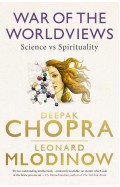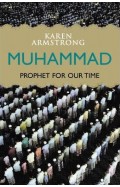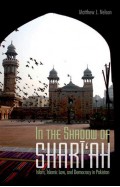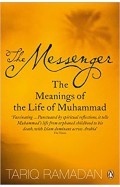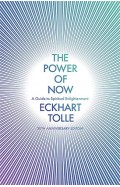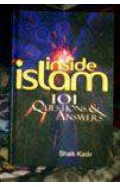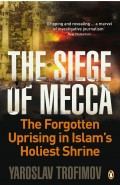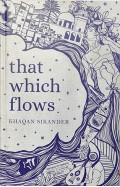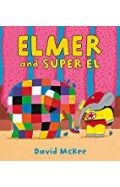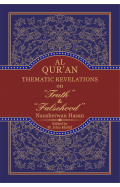Arab Rediscovery Of Europe: A Study In Cultural Encounters
By: Ibrahim Abu Lughod
-
Rs 3,565.75
- Rs 4,195.00
- 15%
You save Rs 629.25.
Due to constant currency fluctuation, prices are subject to change with or without notice.
By 1870, however, their vague notions had evolved into a fairly sophisticated knowledge of the historic background and contemporary achievements of various European nations, and the new reform movements in Egypt and the Fertile Crescent had incorporated into their programs the ideological premises and political institutions of European liberalism.
Ibrahim Abu-Lughod's pioneering work traces the role of the Arab intelligentsia in increasing Arab awareness of Europe and in shaping visions of Arab political futures. First published in 1963, it was hugely influential in instigating a detailed study of the Arab-European encounter in the nineteenth century using Arabic sources.
By 1870, however, their vague notions had evolved into a fairly sophisticated knowledge of the historic background and contemporary achievements of various European nations, and the new reform movements in Egypt and the Fertile Crescent had incorporated into their programs the ideological premises and political institutions of European liberalism.
Ibrahim Abu-Lughod's pioneering work traces the role of the Arab intelligentsia in increasing Arab awareness of Europe and in shaping visions of Arab political futures. First published in 1963, it was hugely influential in instigating a detailed study of the Arab-European encounter in the nineteenth century using Arabic sources.
Arab Rediscovery Of Europe: A Study In Cultural Encounters
By: Ibrahim Abu Lughod
Rs 3,565.75 Rs 4,195.00 Ex Tax :Rs 3,565.75
Zubin Mehta: A Musical Journey (An Authorized Biography)
By: VOID - Bakhtiar K. Dadabhoy
Rs 892.50 Rs 1,050.00 Ex Tax :Rs 892.50
The Whispers in the Walls (Scarlet and Ivy, Book 2)
By: Sophie Cleverly
Rs 1,705.50 Rs 1,895.00 Ex Tax :Rs 1,705.50
The Last Secret: (Scarlet and Ivy, Book 6)
By: Sophie Cleverly
Rs 1,615.50 Rs 1,795.00 Ex Tax :Rs 1,615.50
The Quest For Meaning: Developing A Philosophy Of Pluralism
By: Tariq Ramadan
Rs 1,185.75 Rs 1,395.00 Ex Tax :Rs 1,185.75
War of the Worldviews: Science vs Spirituality
By: Dr Deepak Chopra
Rs 797.50 Rs 1,595.00 Ex Tax :Rs 797.50
In the Shadow of Shari'ah: Islam, Islamic Law and Democracy in Pakistan
By: Matthew J Nelson
Rs 2,347.50 Rs 4,695.00 Ex Tax :Rs 2,347.50
The Messenger: The Meanings of the Life of Muhammad
By: Tariq Ramadan
Rs 2,236.00 Rs 2,795.00 Ex Tax :Rs 2,236.00
The Whispers in the Walls (Scarlet and Ivy, Book 2)
By: Sophie Cleverly
Rs 1,705.50 Rs 1,895.00 Ex Tax :Rs 1,705.50
The Last Secret: (Scarlet and Ivy, Book 6)
By: Sophie Cleverly
Rs 1,615.50 Rs 1,795.00 Ex Tax :Rs 1,615.50
Rumi: Whispers of the Beloved
By: Maryam Mafi & Azima Melita Kolin
Rs 1,676.00 Rs 2,095.00 Ex Tax :Rs 1,676.00
Al Quran Thematic Revelations on Truth & Falsehood
By: Nausherwan Hasan
Rs 2,430.00 Rs 2,700.00 Ex Tax :Rs 2,430.00
Zubin Mehta: A Musical Journey (An Authorized Biography)
By: VOID - Bakhtiar K. Dadabhoy
Rs 892.50 Rs 1,050.00 Ex Tax :Rs 892.50
Arab Rediscovery Of Europe: A Study In Cultural Encounters
By: Ibrahim Abu Lughod
Rs 3,565.75 Rs 4,195.00 Ex Tax :Rs 3,565.75
The Whispers in the Walls (Scarlet and Ivy, Book 2)
By: Sophie Cleverly
Rs 1,705.50 Rs 1,895.00 Ex Tax :Rs 1,705.50
The Last Secret: (Scarlet and Ivy, Book 6)
By: Sophie Cleverly
Rs 1,615.50 Rs 1,795.00 Ex Tax :Rs 1,615.50












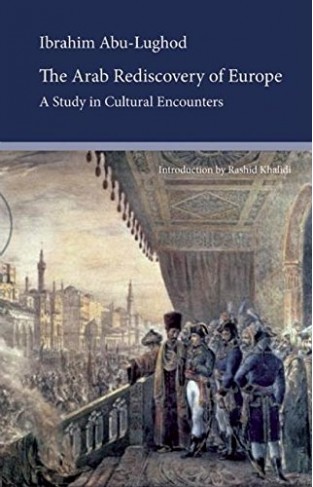
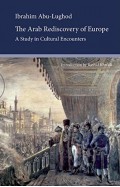
-120x187.jpg?q6)





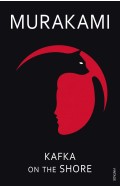
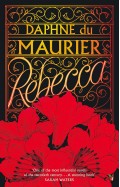

-(PB)-120x187.jpg?q6)

